October brought bad news for automakers, EV sales tumbling sharply following the phase-out of federal tax credits. With demand not expected to recover any time soon, Kia has decided to put the U.S. launch of its most affordable battery-electric vehicle, the EV4, on hold. More from Headlight.News.
First shown at the Los Angeles Auto Show two years ago, the Kia EV4 was supposed to give the Korean carmaker a leg up in the affordable battery-electric segment, Kia planning to launch the compact crossover in the U.S. early in 2026.
That debut has been put on hold, however, the automaker confirming the delay is due to “changing market conditions for EVs.” Kia has not said when the compact EV might be put back into the brand’s schedule.
The delay comes as no surprise to industry watchers, several analysts noting that a number of planned battery-electric vehicle programs have either been put on hold or canceled entirely, with more expected to follow. Automakers are also shifting production strategies, General Motors last week announcing cuts in its EV plans will lead to a loss of 3,400jobs.
Kia rethinks its EV program
The second-largest Korean automaker has been a strong proponent of electrified powertrains, and it was rewarded with a 16% increase in sales last month. But that was entirely due to its hybrid and plug-in hybrid models. After initially scoring hits with models like the EV6 and bigger EV9 crossovers, demand for the two vehicles fell by about two-thirds last month:
- EV6 sales fell to 666 in October, down from 1,941 a year earlier;
- EV9 sales fell to 508 last month, down from a year-earlier 1,732.
With industry forecasters expecting overall U.S. EV sales to remain in the doldrums for the foreseeable future, Kia has put the 2026 launch of the smaller EV4 on “temporary” hold, spokesman James Bell told Headlight.News, with no new date confirmed.
Kia is “carrying on” with the U.S. launch of the smaller and less expensive EV3, however. “There are no delays there,” said Bell. While he wouldn’t discuss the reasoning behind Kia’s new strategy it may reflect that the EV3 has a crossover-style body, more in sync with broader U.S. market trends than the sedan-like EV4.
EV sales expected to continue tumbling
Industry-wide, automakers are struggling to get a good sense of where the U.S. EV market is heading now that federal tax credits have been eliminated. Most estimates foresee all-electric models ending the year with roughly the same market share as in 2024, about 8%. And a recent study by AutoPacific, Inc. forecasts that will grow no higher than 12% during the rest of this decade.
That’s roughly half of what the research firm had anticipated prior to the 2024 presidential election. Pres. Donald Trump, backed by Congress, has taken a number of steps seen as impacting U.S. demand, among other things moving to curtail federal spending on a nationwide EV charging network.
October numbers appear to bear out the worst fears, EV sales across the industry plunging sharply. Subaru on Monday reported selling just 13 Solterra battery-electric vehicles last month, down from 1,078 a year earlier. That said, October numbers may exaggerate the plunge in demand, experts caution, as many EV buyers raced to complete purchases in September, before the federal incentives ended.
More EV News
- Weak EV Demand Slams Industry’s October Sales Numbers
- GM Laying Off 3,400 as EV Sales Tumble
- Automakers Roll Out Deals to Prop Up EV Sales
Kia isn’t alone
Across the industry, automakers are revising their EV plans.
Acura recently ended production of the slow-selling ZDX, a product of a joint venture between its parent, Honda Motor Co., and General Motors. GM itself scrubbed plans to turn a plant in Orion Township, Michigan into a dedicated EV facility and, last week, announced 3,400 job cuts due to reduced production of all-electric vehicles at plants including Factory Zero in Detroit.
Ford scrubbed plans for a three-row luxury EV and has delayed the launch of a replacement for its big F-150 Lightning pickup, along with the opening of Blue Oval City, a dedicated EV manufacturing complex near Memphis. But it is moving ahead on plans to launch its “Universal EV” program, focused on low-cost models, starting up in 2027.
Other automakers revising EV plans include Stellantis – which scrubbed an all-electric version of the Ram 1500 pickup – and Nissan, which halted production of the Ariya SUV for 2026.

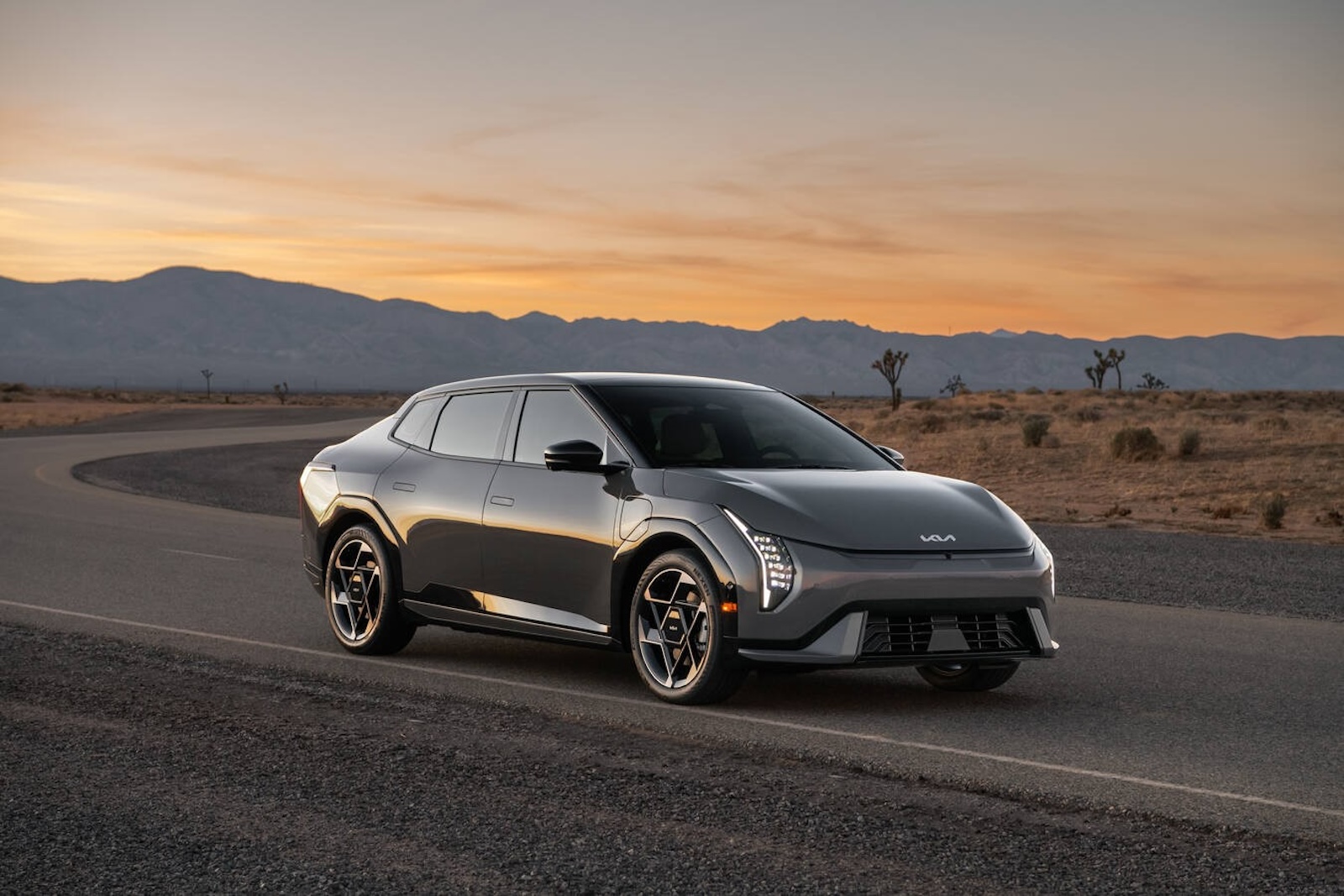

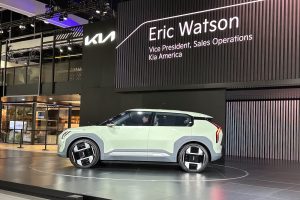
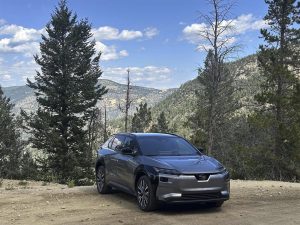
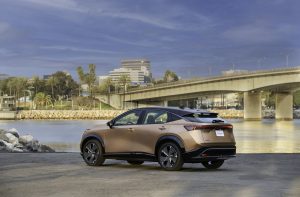
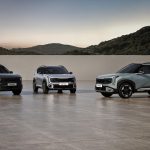
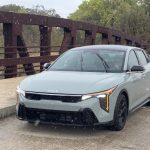
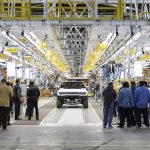
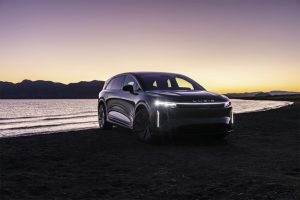

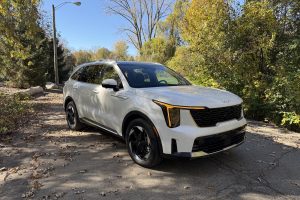
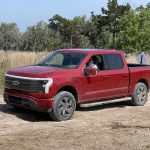
What about the Kia Niro EV? When are the 2026 models coming out?
Kia has announced pricing for all 2026 Niro models and indicates the EV is going to be available. if not in showrooms near you yet it should be shortly.
Paul E.